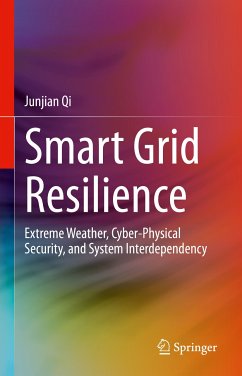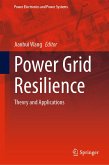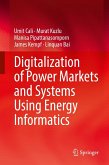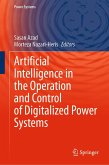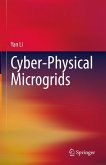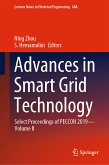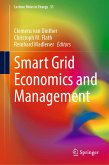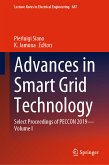Smart Grid Resilience: Extreme Weather, Cyber-Physical Security, and System Interdependency is an essential guide for a broad audience of practicing professionals, including policymakers, electric utility engineers, and transmissionand distribution system operators. It will also be a valuable reference for students and researchers.
- Provides the most comprehensive and up-to-date overview of smart grid resilience;
- Reveals the most important vulnerabilities and develops corresponding risk mitigation strategies;
- Discusses system-wide cascading failure modeling and investigation.
Dieser Download kann aus rechtlichen Gründen nur mit Rechnungsadresse in A, B, BG, CY, CZ, D, DK, EW, E, FIN, F, GR, HR, H, IRL, I, LT, L, LR, M, NL, PL, P, R, S, SLO, SK ausgeliefert werden.

